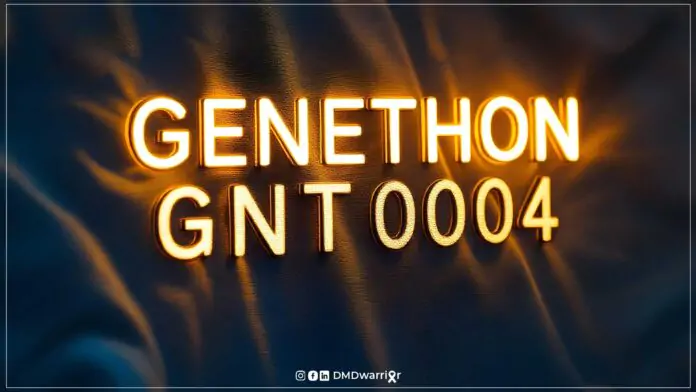Genethon has received approvals from regulatory authorities, MHRA and EMA, to begin pivotal Phase 3 clinical trials in France and the UK of its gene therapy, GNT0004, for Duchenne muscular dystrophy (DMD).
Genethon CEO Frederic Revah observed, “We are delighted to be able to continue these trials and are determined to bring GNT0004 to market for young patients and their families who are waiting for a therapeutic solution. This marks a decisive step forward for our gene therapy program for DMD, which began in 2021 and has demonstrated extremely promising results in the first children treated in the Phase1/2 portion of our Phase1/2/3 study.”
Genethon GNT0004 Phase 3 Pivotal Trial
- The double blind trial will be initiated in the UK and France beginning in August and September, and will enroll 64 boys aged 6 to 10 with DMD who have retained their walking ability.
- Phase 3 trial clearance is based on the Phase 1/2 results demonstrating safety and efficacy of the 3×10¹³ vg/kg dose of microdystrophin, which is lower than doses used in other gene therapies for Duchenne muscular dystrophy (DMD).
Significant Persistent Reduction in CPK
The Phase 3 authorizations in Europe are based on the results of Phase 1/2 studies showing good tolerance of GNT0004 as well as efficacy in terms of microdystrophin expression, creatine phosphokinase (CPK) reduction, and motor function. Patients showed prolonged improvement or stabilization of motor functions and significant persistent reduction in CPK, a key marker of muscle damage.
Learn More: Permanent Decrease in CK Levels of More Than 75%
The Phase 3 double blind trials will begin in August and September in the UK and France using a single intravenous injection of GNT0004, which contains an optimized hMD1 transgene, a shortened (3×10¹³ vg/kg microdystrophin) but functional version of the gene encoding dystrophin in an AAV8 vector associated with transient immunological prophylactic treatment. The vector is designed to express itself in muscle tissue and the heart thanks to a Spc5-12 promoter sequence specific to these tissues. A total of 64 boys aged 6 to 10 with DMD who have retained their walking ability will be enrolled.
Sacha, 9, is one of the children who received the treatment developed by Généthon as part of the first phase of the trial using microdystrophin, which aims to restore the production of the missing protein in the muscles. Today, Sacha runs, climbs, jumps… movements he would have been unable to do without treatment! Read More.



Benim oğlum 45 /52 Delezyon DMD Hastası 2014 Doğumlu olup tedavi mümkün mü Bir umut bekliyoruz